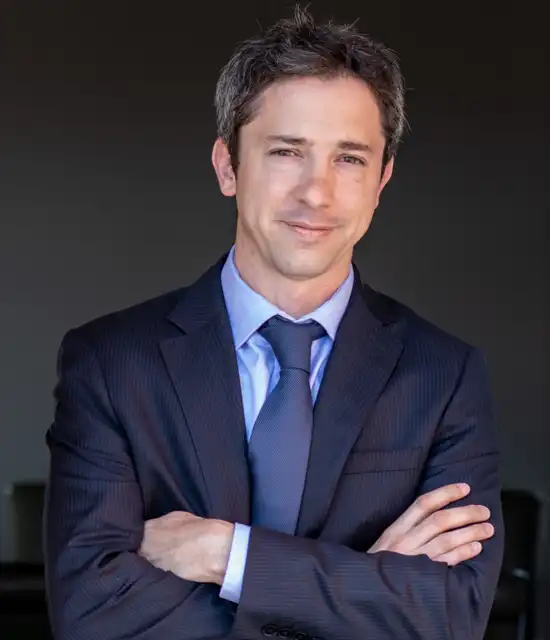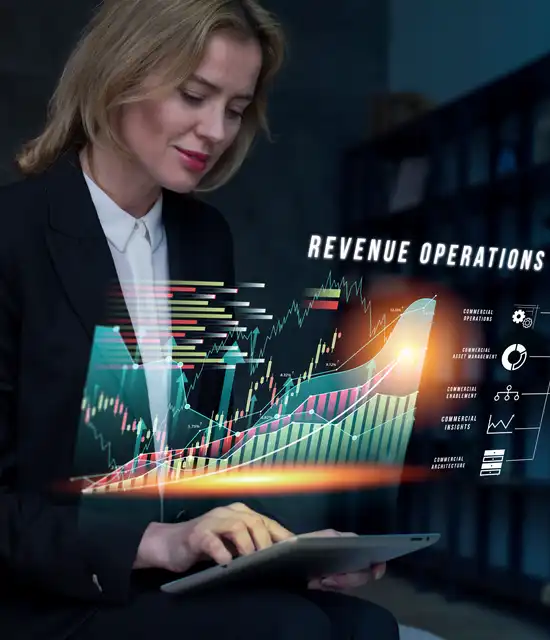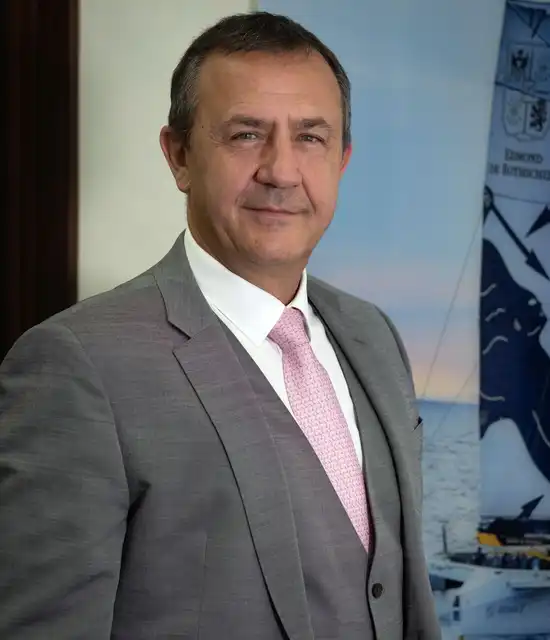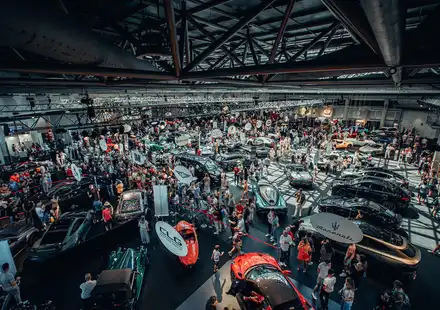Updated on July 01, 2024
Artificial intelligence (AI) has become a mainstream topic, thanks in part to the accessibility of GPT Chat. While modern AI has been around for almost a decade, recent advances have significantly increased its visibility and impact. In sectors such as finance, AI is already being used for specific tasks such as fraud detection, although its full potential has yet to be explored.
Jacques-Aurélien Marcireau is joint deputy CIO for equities at the Edmond de Rothschild group
and manager of the Big Data fund. Here he briefs us on the much-mythologised subject of AI.

Everyone is talking about AI these days. Has the accessibility of ChatGPT made people more aware of it?
Jacques-Aurélien Marcireau: AI, in its modern form of machine learning, has been around for a decade. Five years ago a new technology emerged: the transformers that made it possible, notably, to build ChatGTP. So AI is now available to the end user, whereas before, as a back-office tool in data systems, it was not visible. So now the public has become aware of its existence, and a kind if euphoria has grown up around it.
Are there grounds for anxiety about humans being replaced by machines?
Jacques-Aurélien Marcireau: According to AI researcher Yann Le Cun, AI is still a tool. It amplifies human intelligence and increases the user’s potential tenfold, but we are far from having a perfectly reliable technology.
In 2015, there were autonomous cars driving around San Francisco and Shanghai; two years later, General Motors and Ford announced that they would be mass-producing autonomous cars by 2021. In 2024, they still aren’t. The search for reliability is taking time. As of now, generative AI cannot replace humans. It’s more of a marginal productivity gain.
What AI applications are most useful to the finance industry?
Jacques-Aurélien Marcireau: The finance, banking and insurance industry spends more on IT than any other; it has long seen data as a form of value creation. There are many cases of AI being used in this sector, for example for detecting fraud. But we still have few applications for generative AI. Giving staff secure access to ChatGTP can improve productivity by 5 to 10% but won’t revolutionise the world of finance. We are looking for ways to optimise this new generation of AI.

Can AI make progress on its own?
Jacques-Aurélien Marcireau: No. But the more computing power and high-quality data it is given, the better the results will be. Computing power is satisfactory and will soon be within the reach of many businesses. But data is a limiting factor. Winning companies in the AI market will be those with a critical volume of proprietary data. That’s what we should watch out for.


Is big data a source of value creation for investors?
Jacques-Aurélien Marcireau: More than ever. Companies that have data and know how to use it will attract investors. That’s obvious, but it is not yet an economic reality. Take the health sector, for example. If you aggregate the data you’ll improve healthcare quality and the
profitability of the technology suppliers. But today, data is not circulating around the health system because the different silos of expertise don’t communicate with each other. These obstacles are holding progress back. It will be fascinating to analyse cases of AI use in different sectors. The time it takes will vary. It’s the speed with which innovation spreads that will make the difference.
Gérard Ohresser
Director, Edmond de Rothschild Monaco
There are two types of hi-tech investors. One type buys securities because their prices are rising, like the Magnificent Seven in 2023 –
Apple, Google, Amazon, Meta, Microsoft, Nvidia, Tesla. But following the trend can be risky in the long term. The other type knows the technology well and will invest directly in cutting-edge securities. Expertise always generates added value

You might also like…
Top Marques car show: from classic cars to supercars, traditional know-how to high technology
As the Top Marques 2023 car show approaches, we hear about the careers of former F1 driver Thierry Boutsen and drone designer Erwan Grimaud, and get their perspectives on the show.

Interview with Liva Ramanandraibe, founder of IBELIV
IBELIV, an ethical brand created in Madagascar, is bringing its refined world to the Jardin Saint-James in collaboration with Monte-Carlo Société des Bains de Mer. Here, we meet the inspiring entrepreneur behind it all: Liva Ramanandraibe.

Repossi: high jewellery and avant-garde design. Meeting with Anne de Vergeron
Meet Anne de Vergeron, CEO of Repossi, for a creative and sparkling tour through the history and behind the scenes of this legendary jewellery house.

